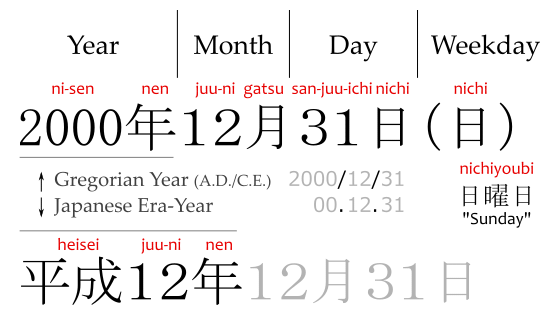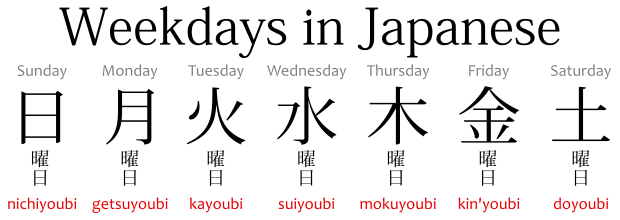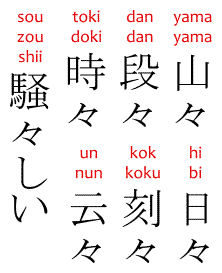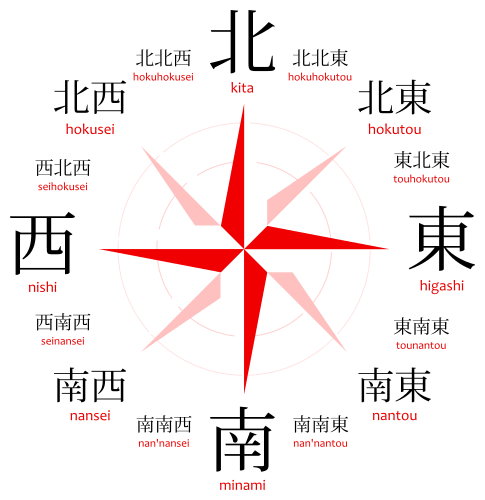In Japanese, kono mama, sono mama, ano mama このまま, そのまま, あのまま mean the way something is right now, used to refer to things that have continued "this way" or "that way" for a while, often in the sense of "the way things are right now is bad." For example:
- kono mama ja minna ga shinjau!
このままじゃみんなが死んじゃう!
If [things] continue this way, everybody will die!
(contraction of shinde-shimau 死んでしまう.)
- We must do something! We need to change the way things are right now!
- zutto kono mama de ii
ずっとこのままでいい
[It] would be good [if] [things] forever continued this way.
- I wish things would stay like this forever, unchanged.
These phrases use the demonstrative pronouns kono, sono, ano この, その, あの combined with the noun mama まま.
See the article about mama まま for details on grammar.
For reference, some usage examples:
- kono mama ja...!
このままじゃ・・・!
The way things are right now...!
(incomplete sentence, typically means something bad will happen.)
- dame da, kono mama ja
ダメだ、このままじゃ
[It] is no good, the way things are right now.
(dislocation.)
- kono mama ja dame da
このままじゃダメだ
The way things are right now is no good.
- It won't work. It can't go on like this. We must fix it and make it good somehow.
- kore wo sono mama taberu to oishikunai
それをそのまま食べると美味しくない
If [you] eat this that way, [it] isn't tasty.
- If you eat it the way it is, without some preparation or processing first, it isn't tasty, i.e. it's a raw ingredient, and you have to cook it first.
- sono mama ugokanaide kudasai
そのまま動かないでください
That way, please don't move.
- Stay the way you are right now. Don't change pose. E.g. when taking a photo.
- ano mama hotte-okenai
あのままほっておけない
[I] can't leave [it] that way.
- I have to, or had to, do something. I just couldn't ignore it.





